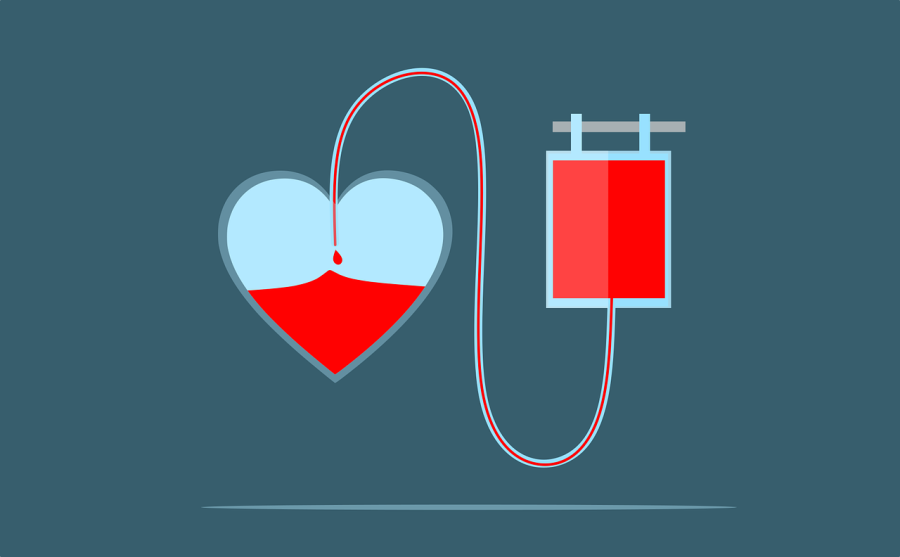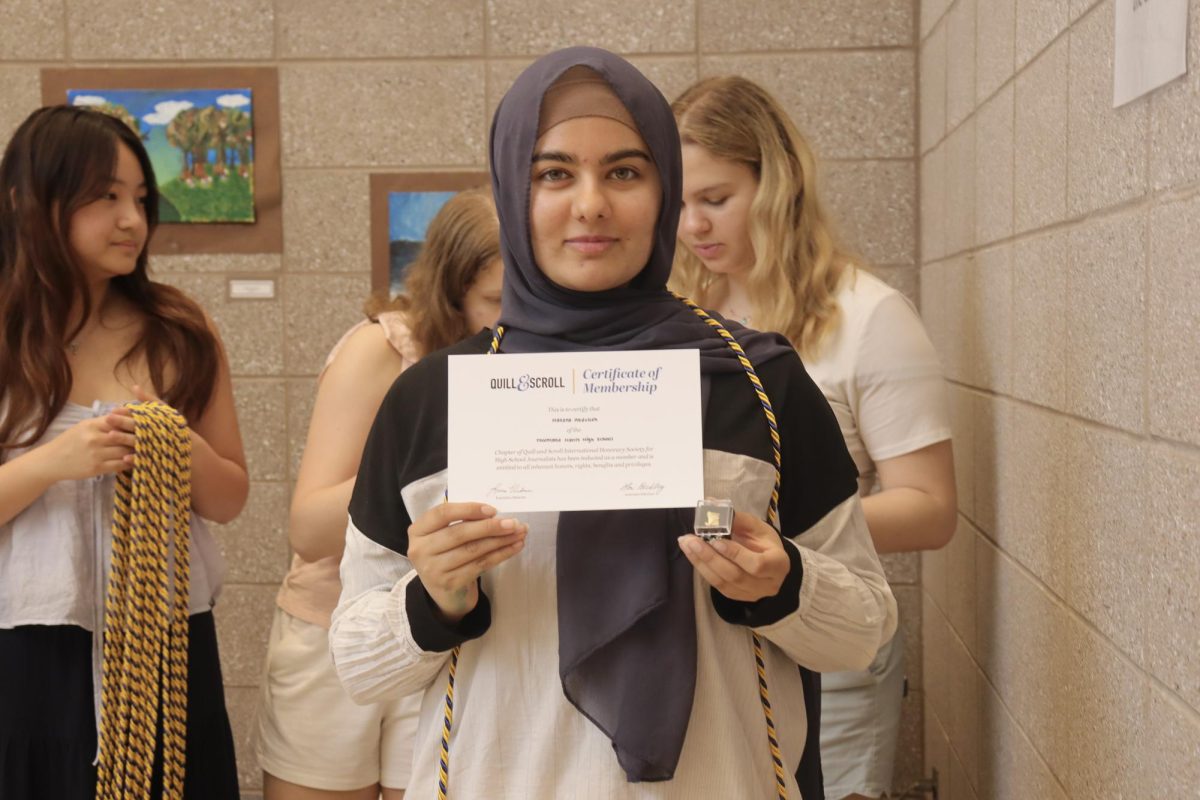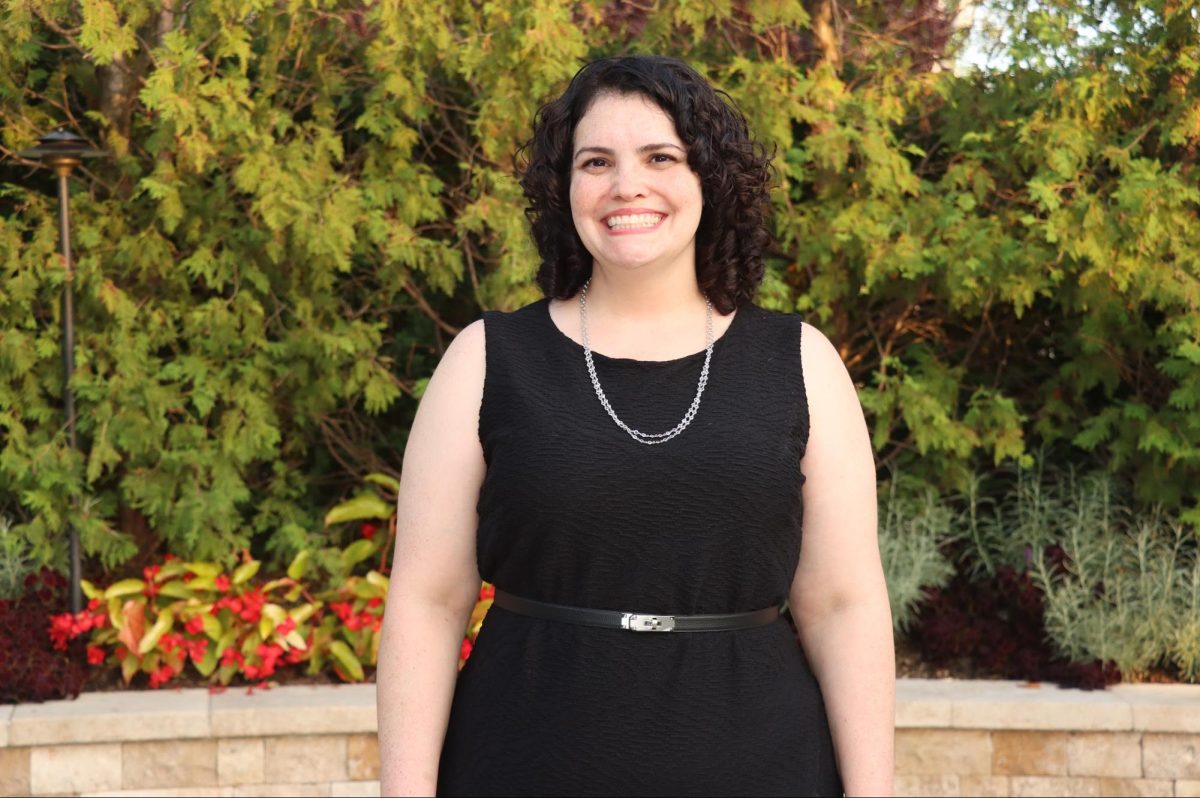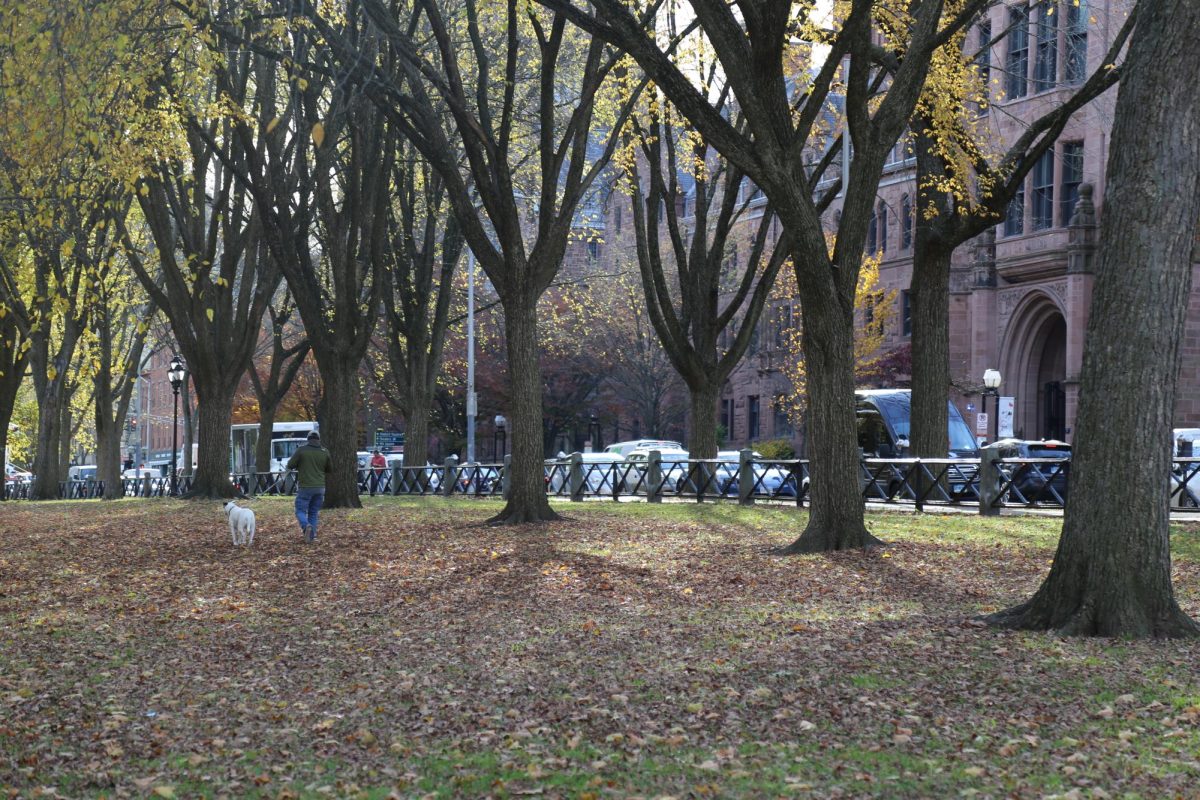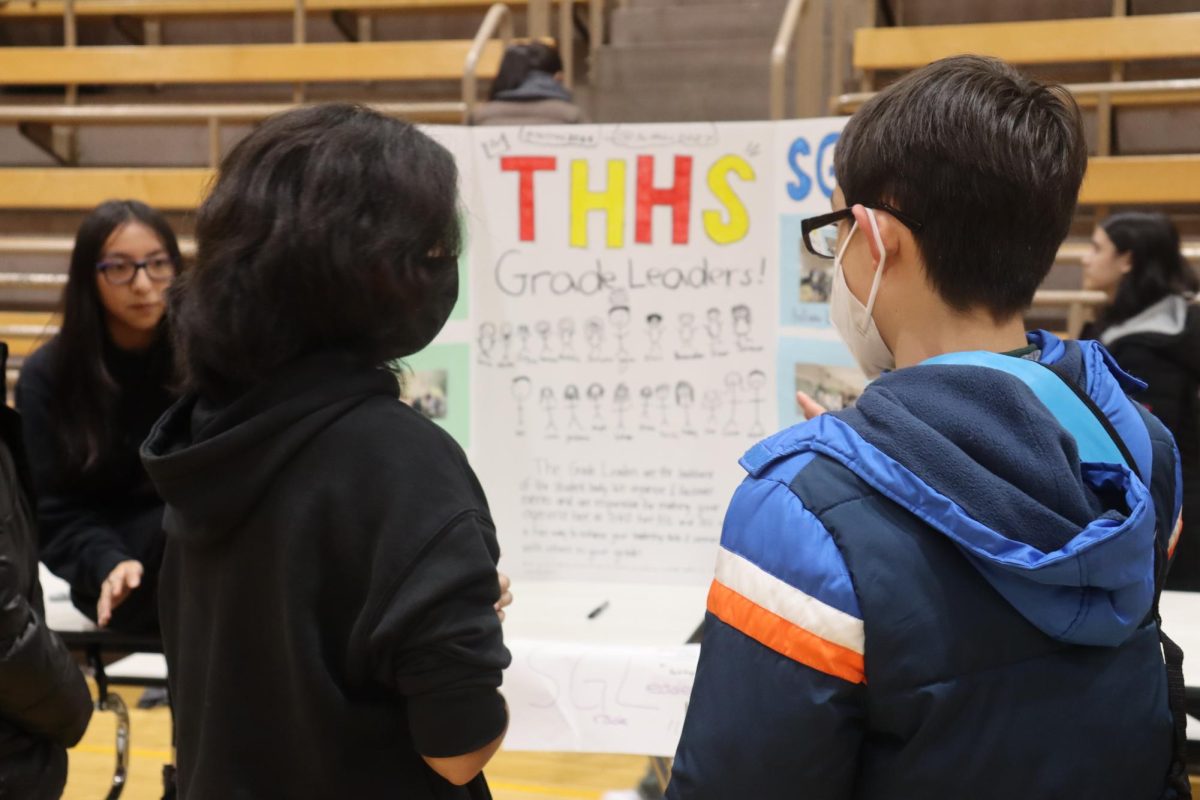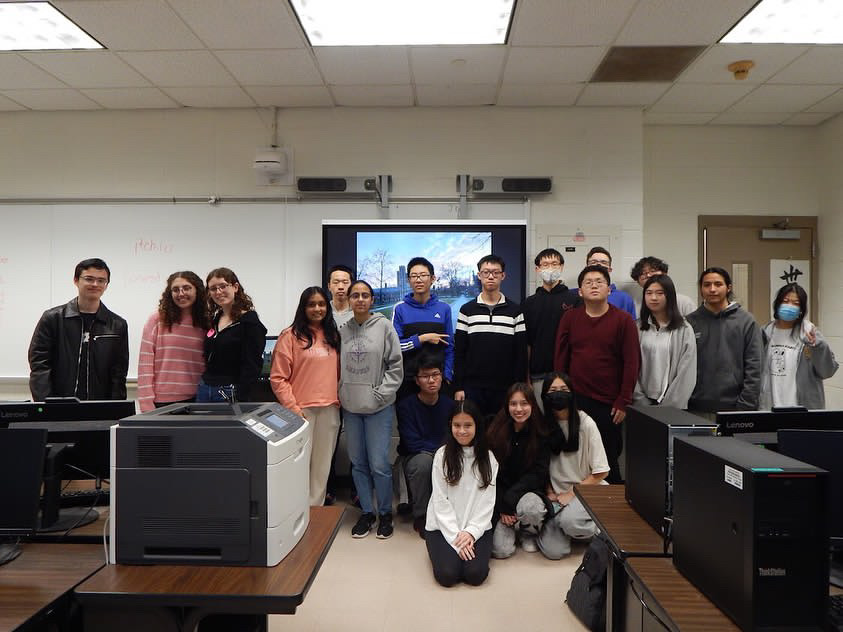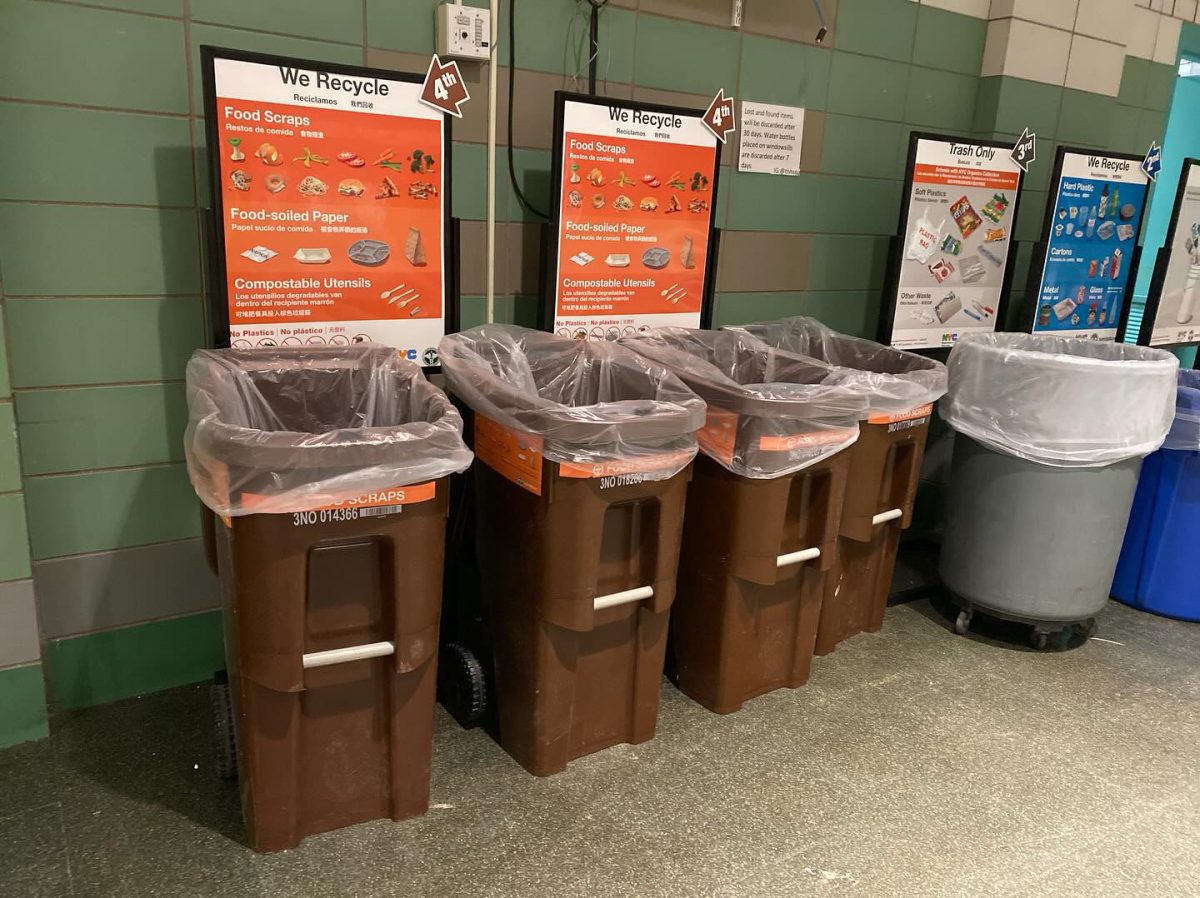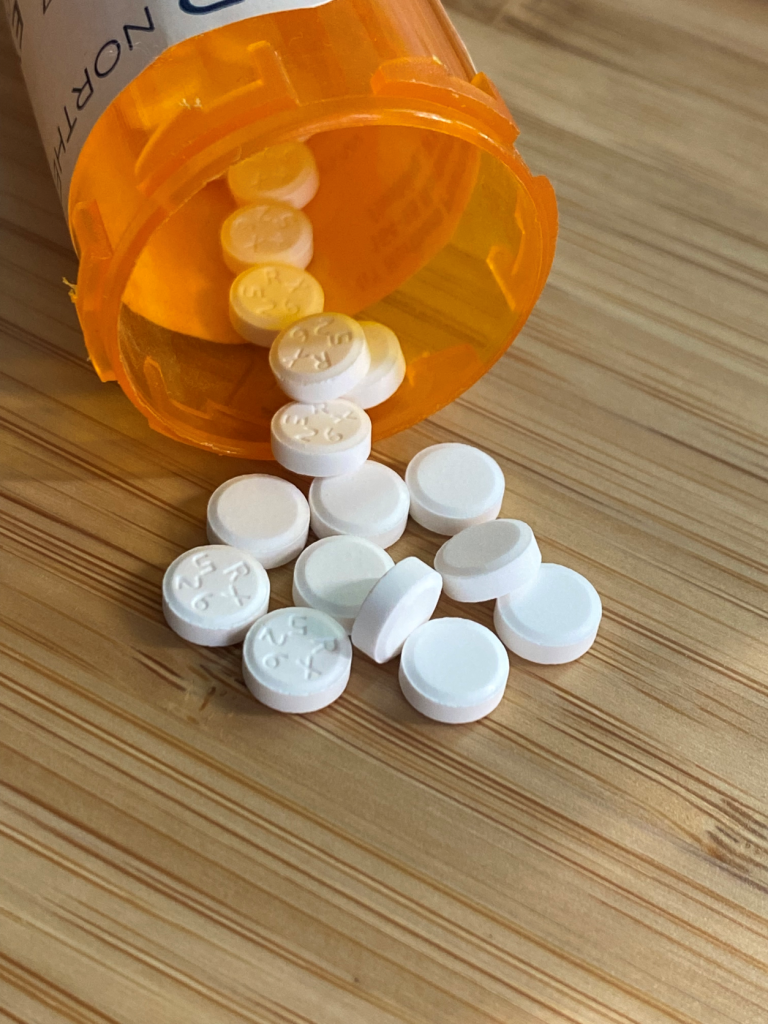
The world has made significant strides in the battle against COVID-19. Just a year ago, hospitalizations and death rates were at unprecedented highs and COVID treatment options were few and far between. In a controversial series of events, remdesivir became the very first FDA approved antiviral drug to treat COVID in patients twelve and older in October 2020. Remdesivir is an intravenous (IV) antiviral medication that works by targeting RNA polymerase to inhibit replication. A series of trials that baselined the FDA’s approval for the drug showed effectiveness and a reduced recovery time for users. However, The Solidarity Trial, the largest study for the effects of remdesivir, showed that it had little effect on mortality, ventilation, or hospital stay durations. As such, the World Health Organization (WHO) does not recommend the use of remdesivir due to this lack of scientific backing on its effectiveness.
Almost a year and three FDA-approved COVID vaccines later, we are on the cusp of another treatment: molnupiravir, an oral antiviral drug hailed as the United States’s first potential anti-coronavirus pill. Junior Rishima Pokharel is optimistic of the new drug. “I have never previously heard of a COVID pill. If it’s safe I think it’s a really good idea, and has the potential to help a lot of people,” she said.
Molnupiravir, commonly referred to as the COVID-19 pill, was recently introduced by American pharmaceutical research company Merck & Co. The drug is an oral mRNA that works by preventing the replication of SARS-CoV-2, which causes COVID-19. Molnupiravir tricks the virus into using the drug to replicate genetic material and inserts errors into the genetic code. With enough errors or errors in crucial places, the virus loses its ability to reproduce.
In the company’s press release on October 1, Merck & Co. expressed high hopes for molnupiravir’s potential as an integral COVID-19 treatment tool. The drug has recently exited its Phase 3 trial, referred to as the MOVe-OUT trial, with promising results. The oral antiviral pill was found to significantly lessen the effects of COVID-19 on “patients with mild or moderate COVID-19.” In fact, the study found that only 7.3% percent of patients who took molnupiravir were hospitalized with no deaths, compared to 14.1% of those who received the placebo treatment were hospitalized or died. Additionally, in the first 29 days of the experiment, while none of the patients who took molnupiravir died, eight of the “placebo-treated patients” did.
These results have also been consistent among the trials for the Gamma, Delta, and Mu variants.
However, the promising potential of this seemingly magic pill does not come without drawbacks. Fears have surfaced that using a drug that works through mutations might create mutations in healthy host cells, leading to cancers or birth abnormalities. Additionally, according to Dr. Peter English, a retired medical consultant in communicable disease, the drug’s usage would be limited to a “symptomatic self-care treatment,” or before COVID becomes a threat to the patient.
The pill is not in any way a replacement for the COVID-19 vaccine. As sophomore Diana Rivera acknowledges, “It’s a new method of gaining immunity towards COVID, and it seems quite promising…[but] we should continue to prioritize vaccination. COVID pills should be offered when they are proven to be effective because they still may serve as a second option to promote immunity [against the coronavirus].”
While the vaccine wholly protects against infection, the pill acts as a treatment for patients that already have COVID. Vaccinations are still important and are the best way to combat the virus, but molnupiravir could be an option for those unable to get vaccinated.
With the pill’s promise of high efficacy against COVID, the main concern is the distribution of the drug. In a supply agreement, the United States Government will give approximately $1.2 billion in exchange for approximately 1.7 million courses of molnupiravir, if the drug is approved for Emergency Use Authorization (EUA). Merck plans to have more than 10 million courses ready by the end of 2021.
However, given the inoculation disparities present among higher-income and lower-income countries, poor countries, specifically African countries, have the lowest and slowest vaccination rates making global access to molnupiravir especially important. “I hope that it will lead to COVID relief and aid for lower income families/nations with lesser accessibility to the vaccines, especially if the pill can be mass produced,” says senior Hemish Naidoo.
Merck is thankfully taking steps to ensure the drug’s availability. Even before molnupiravir is authorized and approved, the pharmaceutical company teamed up with eight Indian drugmakers to license generic, cheaper versions of the drug. The Bill & Melinda Gates Foundation has also committed up to $120 million to improve access to the drug. Effectively distributed, molnupiravir could be another way to free up hospitals and globally control the spread of COVID.
Currently, studies have been halted in order to obtain Emergency Use Authorization (EUA) from the US Food and Drug Administration (FDA). This approval discussion will happen on November 30th in order to ensure that the FDA has enough time to conduct proper data evaluation. On their website, the FDA states their intention to publicize meeting materials, “including the meeting agenda and committee roster,” at least “two business days before the meeting” and to live stream the meeting through YouTube in hopes of creating better public “understanding of the scientific data and information.” Until then, the world will be on the edge of their seats, anticipating the arrival of the first COVID treatment pill.
Photo by Hailey Ahn

